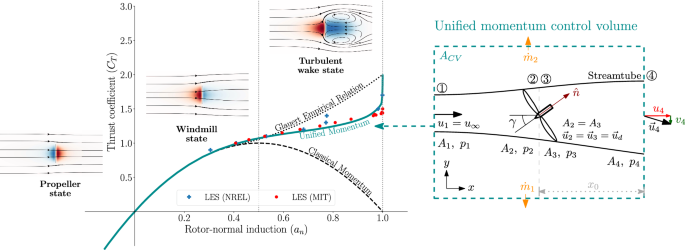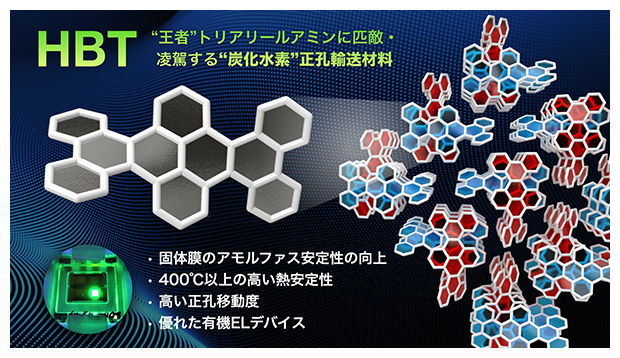2024-08-21 ワシントン州立大学(WSU)
 Photo by Mohd Izzuan on iStock
Photo by Mohd Izzuan on iStock
<関連情報>
- https://news.wsu.edu/press-release/2024/08/21/facts-alone-fall-short-in-correcting-science-misinformation/
- https://www.tandfonline.com/doi/full/10.1080/00461520.2024.2365628
- https://onlinelibrary.wiley.com/doi/10.1002/tea.21963
科学的誤解に立ち向かうための反論テキストの有効性: メタ分析 The effectiveness of refutation text in confronting scientific misconceptions: A meta-analysis
Robert W. Danielson,Neil G. Jacobson,Erika A. Patall,Gale M. Sinatra,Olusola O. Adesope,Alana A. U. Kennedy,…
Educational Psychologist Published:16 Aug 2024
DOI:https://doi.org/10.1080/00461520.2024.2365628
Abstract
Misinformation around scientific issues is rampant on social media platforms, raising concerns among educators and science communicators. A variety of approaches have been explored to confront this growing threat to science literacy. For example, refutations have been used both proactively as warning labels and in attempts to inoculate against misconceptions, and retroactively to debunk misconceptions and rebut science denialism. Refutations have been used by policy makers and scientists when communicating with the general public, yet little is known about their effectiveness or consequences. Given the interest in refutational approaches, we conducted a comprehensive, pre-registered meta-analysis comparing the effect of refutation texts to non-refutation texts on individuals’ misconceptions about scientific information. We selected 71 articles (53 published and 18 unpublished) that described 76 studies, 111 samples, and 294 effect sizes. We also examined 26 moderators. Overall, our findings show a consistent and statistically significant advantage of refutation texts over non-refutation texts in controlled experiments confronting scientific misconceptions. We also found that moderators neither enhanced nor diminished the impact of the refutation texts. We discuss the implications of using refutations in formal and informal science learning contexts and in science communications from three theoretical perspectives.
概念汚染: 誤った情報が概念の変化と予防接種戦略に与える影響の調査 Conceptual contamination: Investigating the impact of misinformation on conceptual change and inoculation strategies
Robert W. Danielson, Benjamin C. Heddy, Onur Ramazan, Gan Jin, Kanvarbir S. Gill, Danielle N. Berry
Journal of Research in Science Teaching Published: 27 May 2024
DOI:https://doi.org/10.1002/tea.21963

Abstract
Misinformation has been extensively studied as both maliciously intended propaganda and accidentally experienced incorrect assumptions. We contend that “conceptual contamination” is the process by which the learning of incorrect information interferes, pollutes, or otherwise disrupts the learning of correct information. This is similar to a medical model of disease transmission wherein misinformation travels from person to person via multiple methods. And just as we can inoculate the public against diseases like smallpox or measles, we suggest this same approach (providing refutations to misconceptions that individuals may not have read yet) can inoculate the public from misconceptions. We sought to examine whether we could inoculate against misconceptions, and if so, would a refutation text outperform a more traditional expository text. We also sought to examine the role of emotions and attitudes. We randomly assigned 152 undergraduate students to one of four experimental conditions comparing both text type (refutation vs. expository) and text order (misconception first or second) on their ability to overcome misconceptions. Our findings indicate that reading refutation texts led to significantly fewer misconceptions and reduced negative emotions. We also illustrate that the prevailing approach to countering misinformation—providing expository support after exposure to misinformation—performed the worst overall. Our findings suggest that refutation texts continue to provide significant reductions in misconceptions, and that overall misconceptions can be reduced regardless of text type, if the correct information can precede misinformation.



